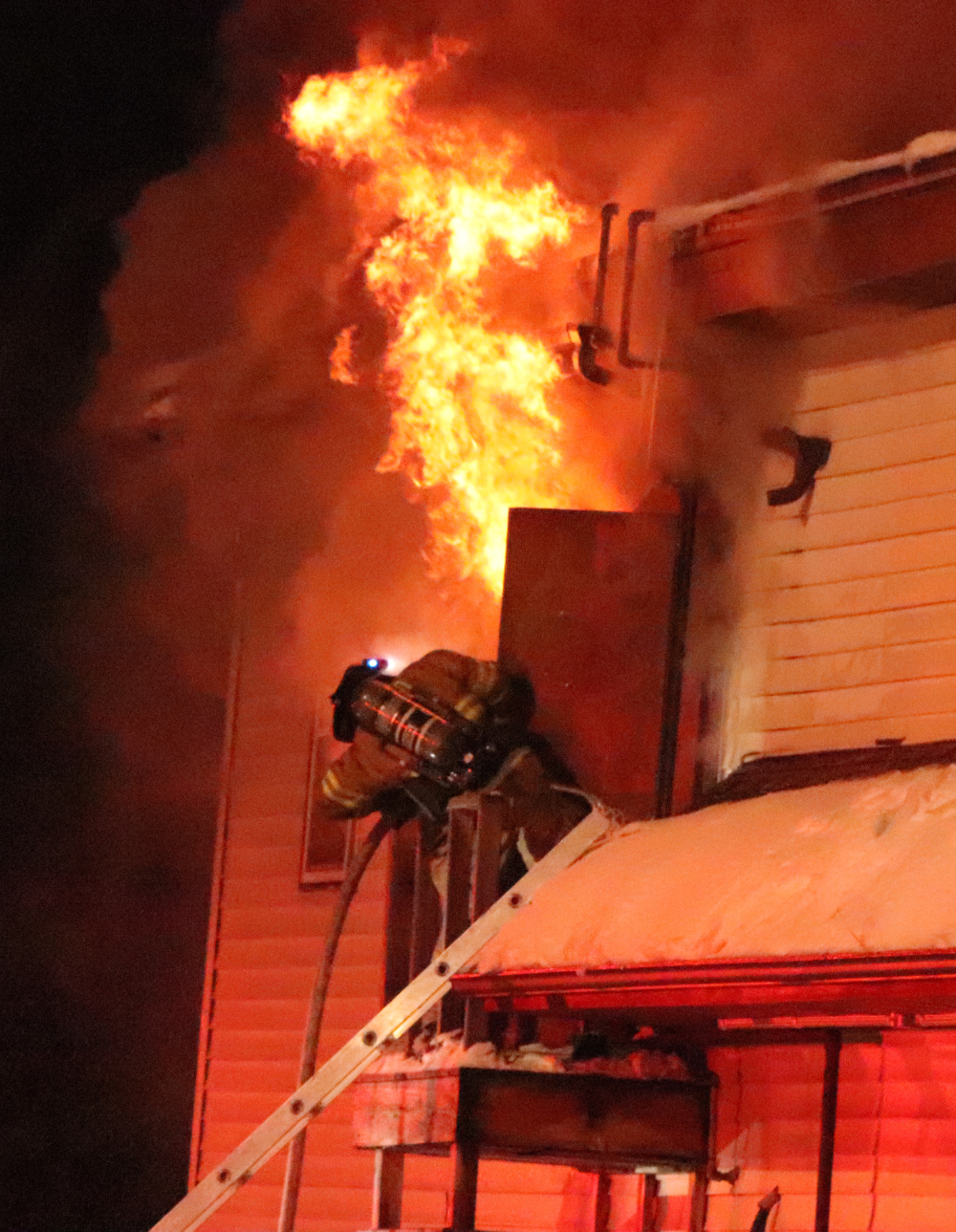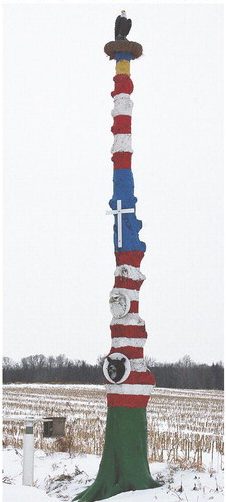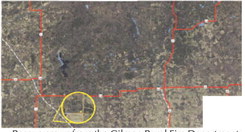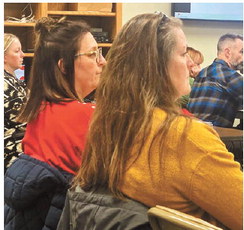Hard times don’t last forever, but hard people do
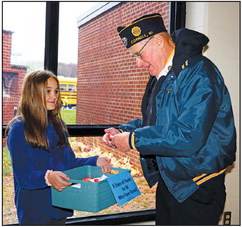

Cutline: As a thank you to the veterans in the community, Cornell students created notes attached to 100 Grand candy bars, which was a big hit with the veterans. Photo by Ginna Young
...
